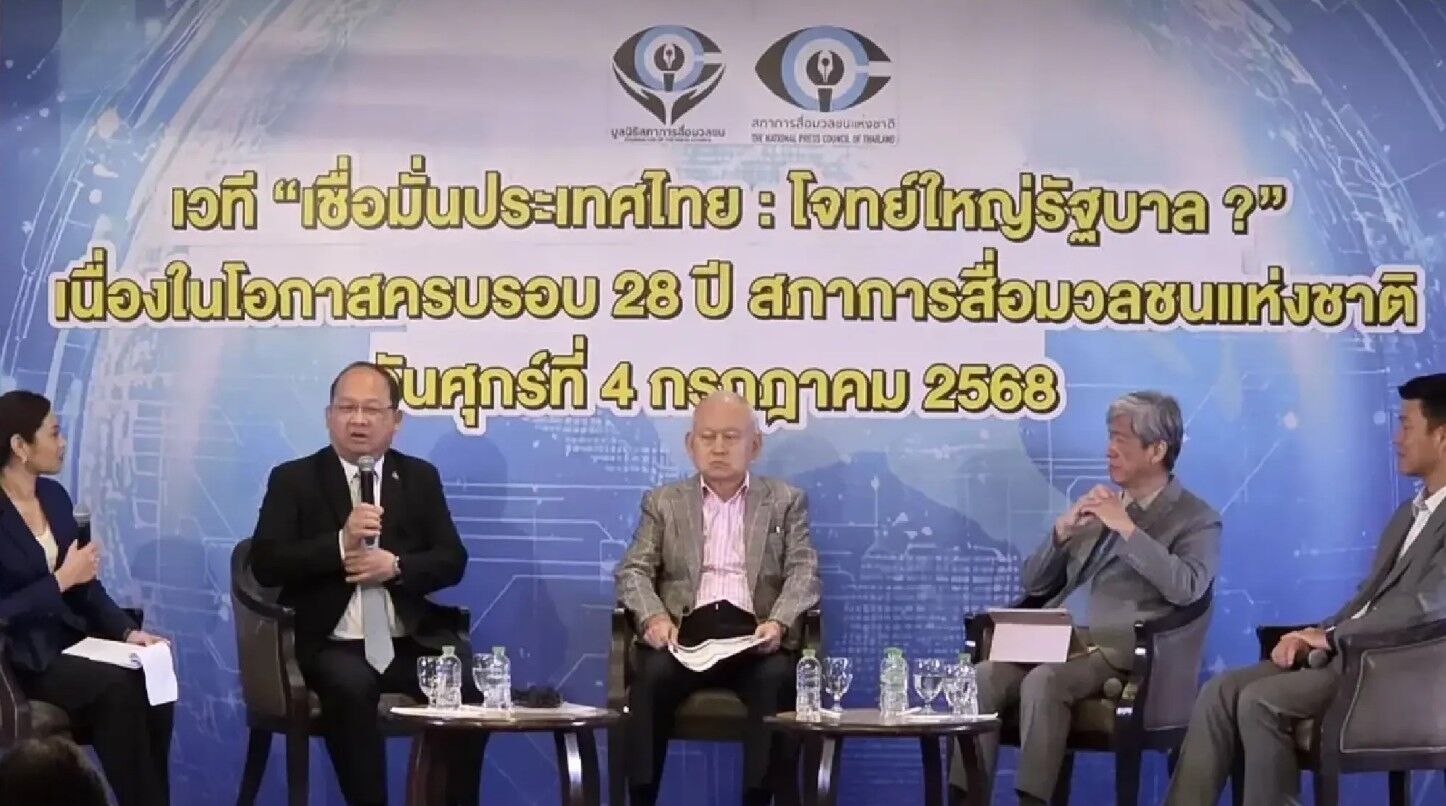

Thailand’s hopes of clinching a breakthrough tax agreement with the United States have hit a stumbling block, leaving officials scrambling for solutions—and exporters nervously watching from the sidelines.
Deputy Prime Minister and Finance Minister Pichai Chunhavajira admitted yesterday, July 4, that the much-anticipated deal remains out of reach despite days of high-level negotiations in Washington.
Speaking during a stopover in South Korea on his way home, Pichai described the talks, which began on Wednesday, July 2, as constructive but unfinished.
“Although the negotiations have not yielded a definitive agreement, the working group will continue its efforts to achieve the maximum benefit for both countries,” he said. “My working group and I will work even harder to ensure that the conditions we propose are clear and understood to be of mutual benefit to both sides.”
The Thai delegation, dubbed “Team Thailand,” met with influential policymakers, including the US Trade Representative and the US Deputy Secretary of the Treasury. They also held discussions with American investors and agricultural sector leaders.
“This official meeting provided crucial feedback, which will guide the preparation of new, additional proposals,” Pichai said, emphasising the goal of crafting a “mutually beneficial agreement” based on a “win-win solution.”
But while Thailand’s tax team presses on, the Federation of Thai Industries (FTI) has sounded the alarm over the country’s weakening competitive edge.

FTI Chairperson Kriengkrai Thiennukul pointed to Vietnam’s recent deal with Washington, which slashed its tariff on exports to the US from 46% to just 20%. In stark contrast, Thailand’s current rate stands at 36%.
“Vietnam’s agreement is both surprising and worrying. If Vietnam gets 20% but Thailand stays at 36%, we are at a direct disadvantage in the US market because our export structures are very similar.”
He warned that Thai goods could end up 16% more expensive, hammering exporters already battling tight margins. Kriengkrai urged the government to aim for a rate no higher than 15% to keep pace with regional rivals, reported The Nation.
“If negotiations fail, we must be ready with emergency measures,” Kriengkrai said, proposing new market exploration and financial support for struggling exporters.
Beyond trade talks, Kriengkrai stressed the need for internal political stability.
“External factors like US policy are out of our hands,” he said. “But Thailand’s domestic landscape must be strong and united to avoid missing out on crucial opportunities.”
He also flagged the flood of cheap imports squeezing local SMEs, calling for immediate action to stem the tide and protect Thai businesses.
The story Thai US tax talks stall as Vietnam races ahead as seen on Thaiger News.
